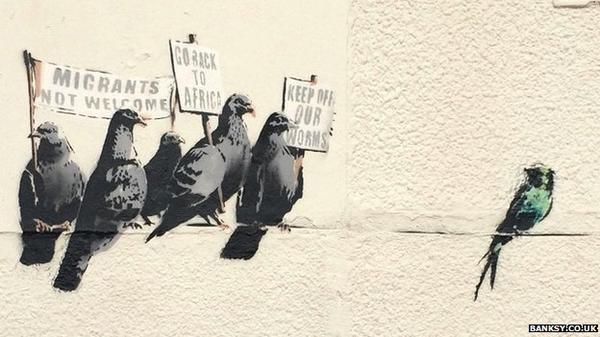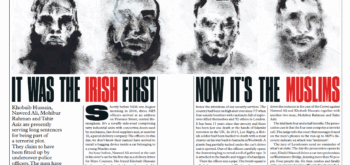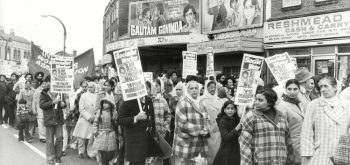A controversial Home Office policy preventing migrants from claiming social support and introduced in 2012 as part of the Coalition government’s so-called ‘hostile environment is facing a new legal challenge by a five-year-old Black British boy on the grounds of racial discrimination. The ‘no recourse to public funds’ policy denies non-EEA parents of British children, who have the legal right to live and work in the UK on the basis of strong family ties to the country, access to the same support available to other low-earning parents such as child and housing benefits.
According to Caz Hattam, project coordinator at The Unity Project, the policy has been ‘trapping working families in the most abject poverty’. In May last year, the High Court ruled that such policy was a breach of human rights ‘where the applicant is suffering inhuman and degrading treatment by reason of lack of resources or will imminently suffer such treatment without recourse to public funds’. This led the Home Office to publish new guidelines clarifying that the NRPF condition should be lifted or not imposed if an applicant is destitute or at risk of imminent destitution.
Despite this, the policy is now being challenged again but, this time, on the grounds of racial discrimination. According to Adam Hundt, partner at Deighton Pierce Glynn, the law firm backing the legal action, the policy reportedly creates ‘an underclass of black British children’. Citizens Advice figures show that 82% of people who sought advice about NRPF in the 12 months leading to May 2020 were people of colour. The Law Society had also already warned that the NRPF policy ‘significantly affects BAME communities as they are more likely to be migrants holding conditional visas’.
According to The Unity Project, an organisation that helps people remove the NRPF condition from their leave to remain, the boy’s lawyers will argue that the Home Secretary’s failure to monitor such disproportionate impact of NRPF on people of colour constitutes a breach of her legal duty to promote equality.







